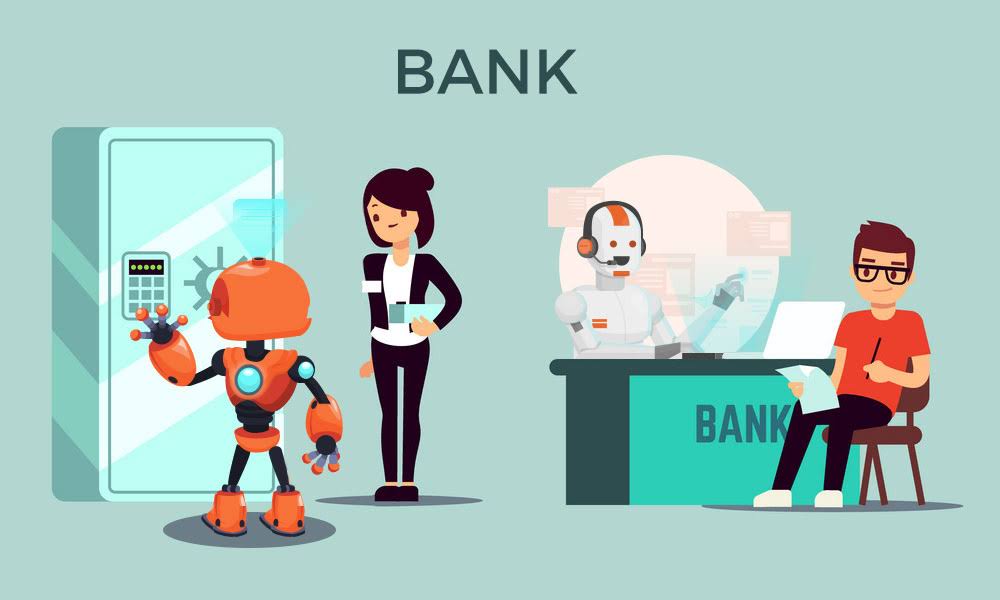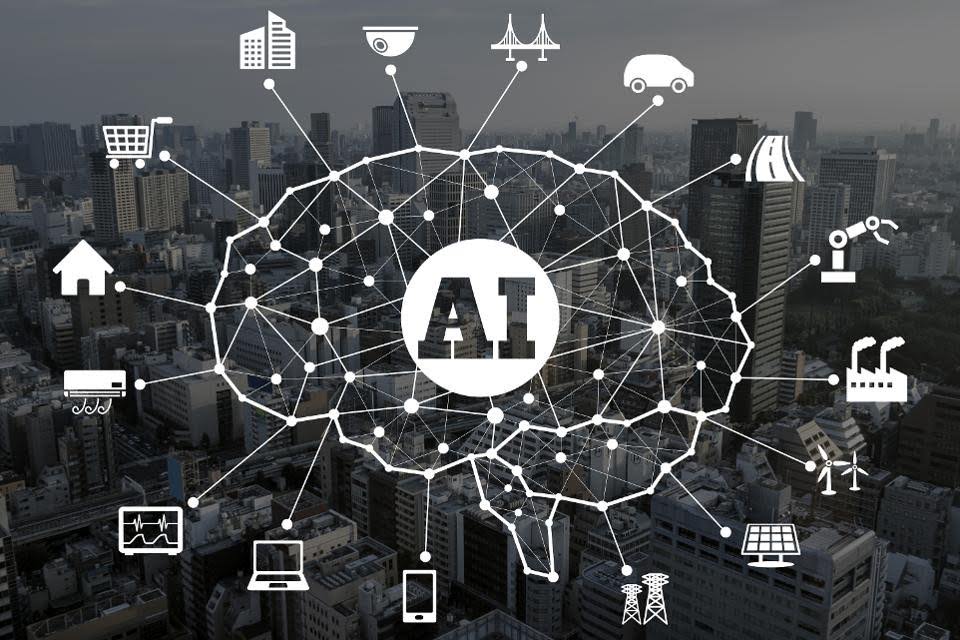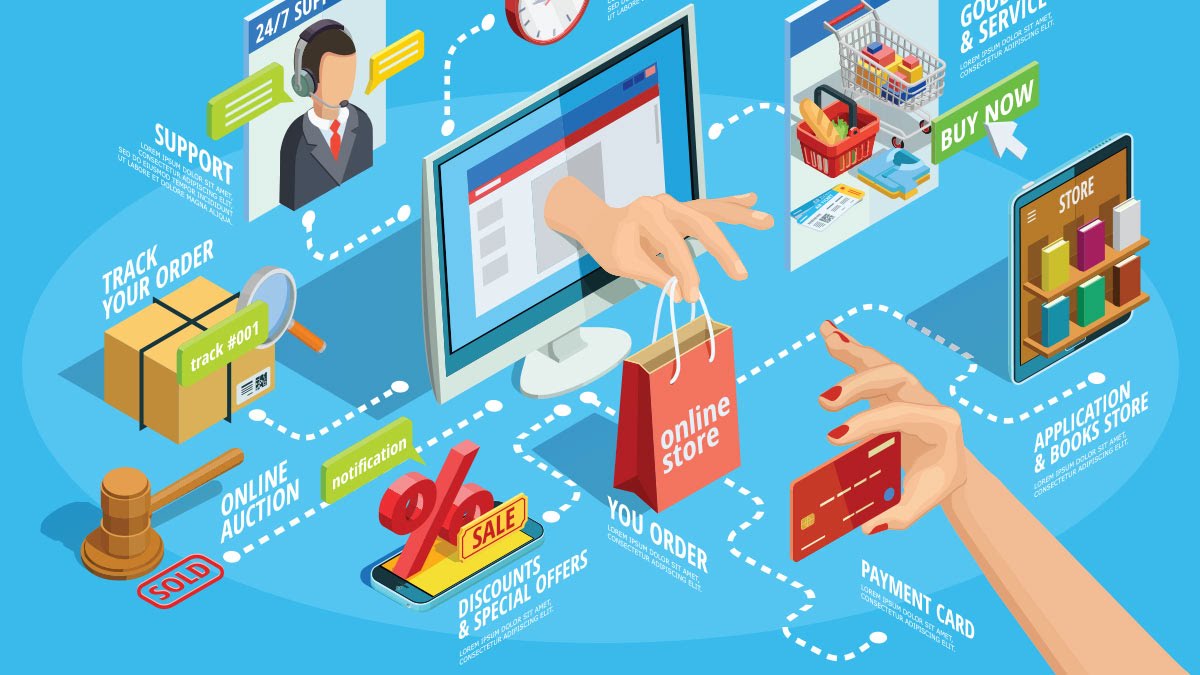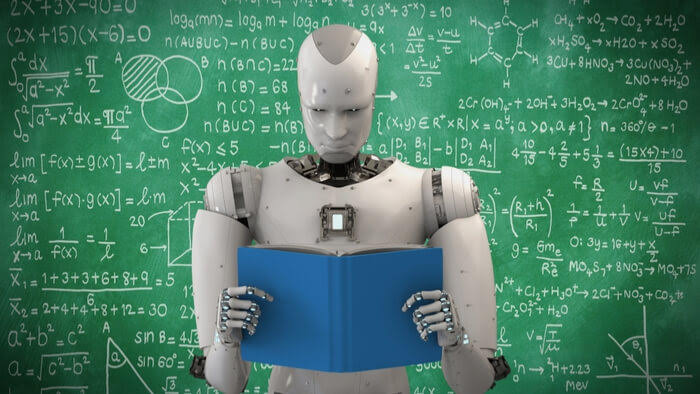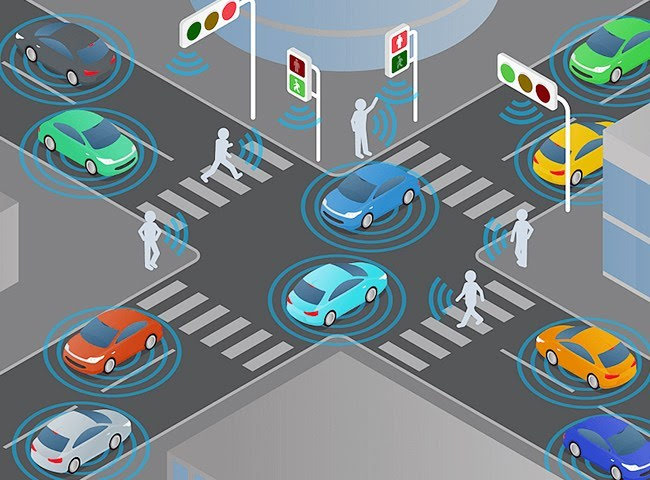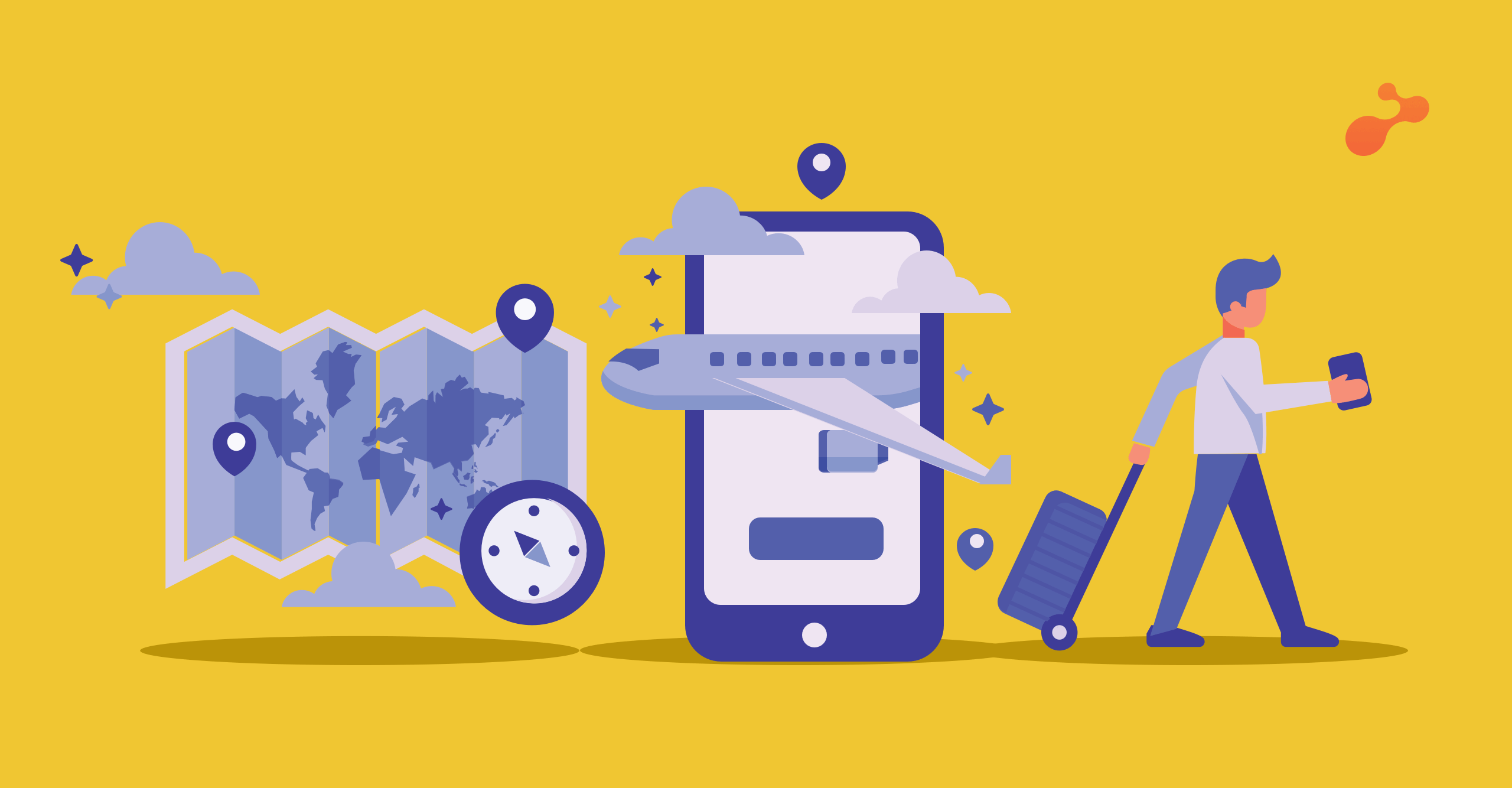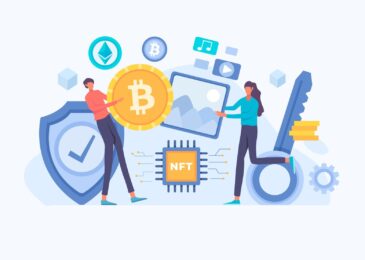How Artificial Intelligence AI is used in different industries?
The future that we envisioned in movies is finally upon us. In the current day, many companies are choosing to invest in artificial intelligence and big data technologies. Data analysis and artificial intelligence enable automated decision-making processes based on data analysis reports. Companies in all sectors are looking to optimize and automate their operations to rake in more profits. They need skilled professionals, preferably those who gain expertise through an AI course, to meet these goals.
IDC conducted a study on the use of artificial intelligence in industries, and the results show that artificial intelligence represented $12 billion in the form of market investment in 2017. The study predicts it could reach $57.6 billion by the year 2021. IDC also reported that almost 40% of digital transformation projects would be taken care of through artificial intelligence by the end of this year. Additionally, 75% of business tools are likely to be modeled using artificial intelligence technology as well.
With a rapidly growing presence in today’s world, artificial intelligence (AI) and machine learning span across all kinds of industries. From education to fashion, they can perform a wide range of tasks – right from streamlining operations to helping the management in better decision-making processes. The results are pretty effective and go on to show that AI can truly transform how the everyday world works.
Let’s take a look at how artificial intelligence can completely revolutionize the way we see the world today, and its already far-reaching impacts in several industries.
Let us check out How Artificial Intelligence AI is used in different industries?
-
AI uses in Healthcare:
Healthcare and supporting industries use artificial intelligence to analyze complex medical data. It can help medical practitioners make sense of CT scans, X-ray reports, screening evaluations and other medical tests. The patients’ data and external knowledge sources like medical professionals and clinical research can help in creating a personalized treatment strategy for every patient.
Apart from scanning and analysis, AI can also provide medical professionals with real-time advice on medicines and other healthcare procedures. Apps with AI-powered health assistants can track medical data of the user, advising on exercise and diet. That apart, they can also send medical alerts to health centers in case of an emergency.
Here are a few examples of how AI is helping medical professionals all around the globe, matching strides with innovative technology in modern healthcare.
- Babylon AI is a doctor app that uses speech recognition software to check patients’ symptoms, consult them on diseases, and provides diagnosis and treatments using a medical database.
- ly has brought out Molly, a virtual nurse who’s ready with clinical advice and services. Molly offers a suitable response on using a proprietary classification engine to listen to the patient.
-
AI uses in Finance and banking:
With the growing popularity of online banking transactions every year grows the risks of complex identity thefts and fraud. AI can be one of the crucial aspects of fortifying cyber security in the modern times. So, the banking and finance sector can benefit significantly from the uses of AI.
The systems use deep learning technology that analyzes patterns and identifies suspicious activities online. It can, at times, predict potential fraud before they take place. PayPal, for instance, reduced its fraud rate to just 0.32% of total revenue using an updated deep learning system that keeps a tab on all transactions in real-time.
AI and machine learning also have a need in the investment sector. Since they can automate statistical model building, hedge funds managed by AI-powered systems are gradually on the rise. It makes trading in the modern times exciting and promising. A robot-advisory platform powered by AI can now give any regular Wall Street guy a run for his money.
These apart, AI can also aid in operational tasks like managing finances, and assessing credit in day-to-day operations in this industry.
Also Read: How Machine Learning is helping business grow in market?
-
AI uses in Technology:
It is no surprise that the companies that build swift AI solutions also use them to make their operations easier and to rake in more revenue. Technology biggies like Apple, IBM, and Google usually acquire smaller AI-based companies to gain more footing in the competitive technological sphere.
That way, they get to make full use of the technology developed by smaller companies. Couple that with the resources that any tech giant can afford, and you get updated tech with multifunctional uses.
Tech-based companies like Facebook and Snapchat also use facial recognition software. Skype offers real-time translations through machine learning. Google Translate uses a machine translation system to come up with the most accurate translations between two languages. All are powered through technologies that have their roots in artificial intelligence.
The technological industries are also feeling the impact of AI big time. From virtual customer assistants to natural language processing, they can do it using AI-backed devices and platforms. Siri, Cortana, and Google Home are all AI-enabled and use neural networks to process human language to respond successfully.
The prevalence of AI continues to grow in the tech industry as they keep coming up with newer ways to explore the technology in the current era.
-
AI uses in Retail Sectors:
Retail and e-commerce sectors make great use of what AI has to offer. Take conversation intelligence, for example. Companies can interact with customers and follow up leads through AI-backed customer support systems.
AI can also help retail sectors analyze and segment sales calls. Speech recognition and natural language processing come into play for customer support. Most leading retail and e-commerce companies run a round-the-clock online customer support service, al thanks to AI-powered chat bots.
- Sephora’s shopping assistant chat bot uses machine learning and predictive analysis to offer personalized recommendations for every shopper.
- E-commerce giant Amazon uses recommender systems to boost revenue by close to a third (yes, that is HUGE).
- Dynamic pricing software like Darwin Pricing uses neural networks to create price expectations at varying locations which help retailers set up geo-targeted offers and discounts.
Technology sectors are thus teeming with examples of everyday AI usage, and there still is a long way to go.
-
AI uses in Higher Education:
Data analytics can help implement adaptive learning programs through data collection and analysis. The learning style and performance of each student will help the technology to continually adjust and adapt to their learning needs as well. AI can aid education in making it accessible and more insightful for learners around the globe. Access to personalized education and carefully customized curriculum can also be brought forth using AI and accompanying technology.
Higher education sectors that are successfully using AI to adapt to a newer dawn of education are as follows. And it helps students in achieving their tougher goals as they are given analytical essay topics on A.I in the form of assignments or academic projects.
- Georgia State University uses an AI-powered chat bot to learn about course allotment, financial aid, and enrollment issues of the students. Students also uses Oxford citation for accurate referencing.
- Oregon State University uses AI to personalize courses of higher difficulty level and maximum credit points.
- Northern Arizona University reports a remarkable decrease in DFW (D-grades, F-grades, and withdrawals) rates since the use of AI-powered course structures.
-
AI uses in Transport and Logistics:
Studies predict AI solutions to result in $7 billion in market transactions by 2050. AI in transportation and logistics are helping to make substantial advancements in the sector. They can now be used as intelligent search options for free parking spaces and optimized routes.
Since it is closely linked with the transport industry, AI helps in bringing about more efficiency for logistics as well. Self-driving cars that have 24-hour services do not have to depend on drivers’ working hours anymore. It can help eliminate human interference in logistics in the modern day. Apart from that, AI can also help in saving kilometers, time, and fuel, which then results in higher profitability and lower costs.
Examples of AI in transport and logistics include the following.
- Smart intersections that enable pedestrians and traffic to reduce the number of accidents.
- Groceries, medicine, and packages delivery in logistics for a more efficient supply chain management.
AI uses in Business Intelligence:
Companies that have a large volume of customer generated data on their plates are also making great use of AI and its peripheral technologies. Since traditional business intelligence cannot always match strides with the increasing volume of data, AI is here to save the day. Business intelligence industries use AI-powered tools to explore and categorize data. They can also be used to find insights and data patterns, helping companies be in the customers’ shoes in order to serve them better.
Move over, spreadsheets and dashboards. AI is here to make recommendations and suggest alterations automatically using its predictive analysis features. Companies can now make informed decisions through AI-enables tools that help in data analysis and make helpful suggestions to the board.
AI uses in Tourism:
Travel today has come a long way from planning trips with friends and rushing to the Greyhound stations to get tickets. We now use our Smartphones to plan trips and order tickets online. AI is all set to bring about a bit more of tech innovations into the fore. A Travelzoo report says that 80% of travel assistants will be robots by the end of 2020.
Additionally, we are moving towards more personalized and agile travel experiences. Robots for hotel receptions, traveler IDs issued and verified through facial recognition software, and virtual tourist guides will soon be a reality. AI can change the way we travel for good. Minimizing human interference in travel and making travel planning more accurate and curated to the interests of customers will thus be the future of this industry.
Conclusion
From education to finance, AI is all set to reshape the way we view the world. Automated technologies that help us with day-to-day operations are upon us, and we are quickly heading towards the future, we watched in sci-fi movies. While we must make the most of what the futuristic technology has to offer, we must also be careful not to bring upon a Skynet situation on our hands.
The future of humankind depends on how wisely we make use of the modern technology at our disposal. If we shift our focus to using AI and machine learning into healing the sick, building architectural marvels, nurturing new lives, and educating the future generation, there may just be hope for us to survive the great technological upheaval.
Unless we want to end up in a post-apocalyptic wasteland brought on by the misuse of technological creations, we must keep a check on the uses of AI. Here’s hoping we learn to make good use of the most talked-about technological advancement yet. Godspeed!
Author Bio:
Bella Jonas is a professional tech blogger who is currently working at one of the leading IT firms in New York, USA. She has also been a part of All essay writer for the past couple of years, and delivers cheap essay writing service to students who seek assistance. She loves to adventure new places and make new friends during vacations.
Also Read: How Blockchain Technology is helping Mobile App Developers?


